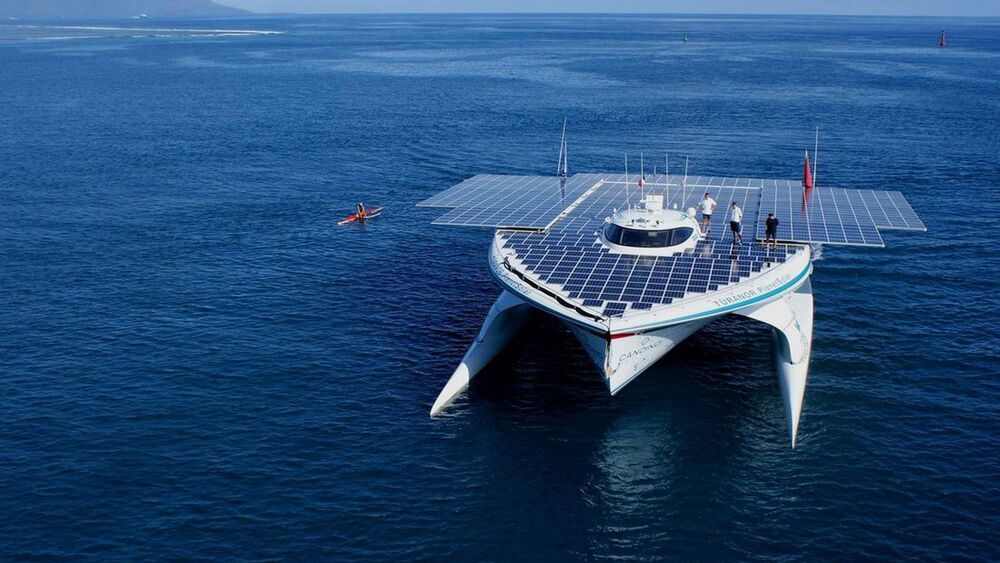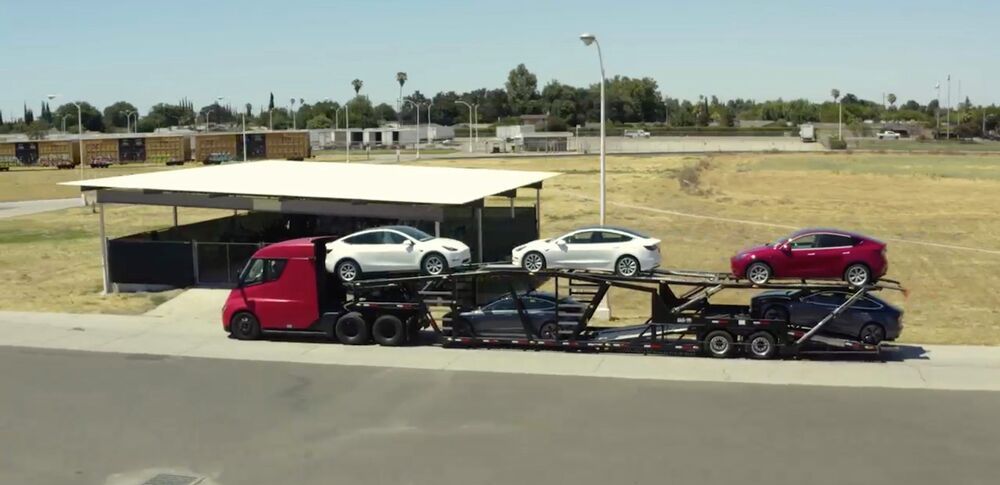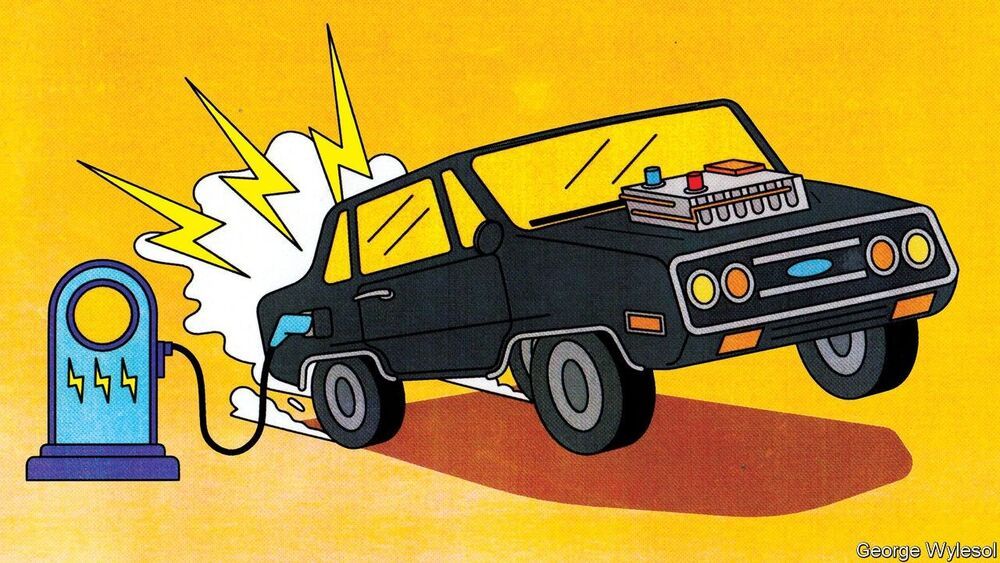Circa 2012


Electric RV. Now with an energy-efficient thermal rating construction & revolutionary energy supply, the ERV can truly enhance your caravanning experience.

Styrofoam has been nicknamed “public enemy No. 6” because it’s more likely to be landfilled or washed into the ocean than recycled. But three Canadian startups are launching technology that aims to make discarded polystyrene containers, packaging and products a resource that everyone wants to recycle.

While we are opening our preliminary discussion for the 3rd SRI World Congress, a number of questions and concerns are being expressed by the main space columnists, about what could be the philosophic setup of the space policy defined by the new US Administration, should it be confirmed the next December 14th. Though Joe Biden didn’t yet say very much about space policy, the most accredited plans foresee cuts to the budget of NASA’s manned space flight programs, in order to give more fuel to the observation of Earth, climate change, and environmental issues.
We are not against raising the budget to Earth observation programs, which are much needed in the current climatic and environmental situation. Besides Earth observation, space agencies should also begin considering the use of space technologies to mitigate the effects of the climate change and the environmental issues, i.e. active space strategies targeted to control the Earth climate.
However, the most important point to be duly focused is that the same priority granted to environmental space programs should be given to bootstrapping the geo-lunar space region settlement and industrialization. Space development is the primary strategy against the awful multi-crisis that is striking our globalized civilization: pandemics, economic, climatic-environmental, resource conflicts, migrations, unemployment.

Australia seems to be one of the leaders in the transition to renewables.
Australia has reached its highest position ever on the Ernst & Young (EY) Renewable Energy Country Attractiveness Index, jumping to third place for the first time thanks to a big boost from its green hydrogen and solar energy export plans.
In the latest edition of the biannual RECAI, which ranks the world’s top 40 countries based on investment in renewable energy, EY moved Australia up one spot from number four in the May rankings, putting it behind only China and the US, in that order.
The report notes a global “surge of interest” in green hydrogen in 2020, from policymakers and investors alike, highlighting its potential to support decarbonisation – particularly for countries with limited potential for their own renewable generation capacity.

Elon Musk made new comments about the Tesla Semi program, Tesla’s upcoming electric semi truck, and said that the vehicle will eventually have up to 1,000 km (621 miles) of range.
This new range is going to be achieved, thanks to Tesla’s new in-house battery cells and battery pack technology.
When launching Tesla Semi in 2017, the automaker said that the production versions of Tesla Semi, which is a class 8 truck with a 80,000-lb capacity, will have 300-mile and 500-mile range options for $150,000 and $180,000, respectively.


What if with the new wave of technologies, such as nanotechnology which would enable us to reprogram matter at a molecular level, we can overcome scarcity once and for all? Design would then become the most important part from start to end product which can be freely shared or have a premium in the marketplace. At any rate, this will dismantle the current social, economic, and political system, because it will become irrelevant; every institution, every value system, every aspect of our lives have been governed by scarcity: the problem of distributing a finite amount of “stuff.” There will be no need for any of today’s social institutions. In other words, when nanotech and ultra-realistic VR are commonplace, the system built on scarcity will crumble and that would herald the forthcoming “economic singularity.” #EconomicSiingularity
The current faltering economic model is suboptimal, hinders economic growth, and is not sustainable going forward.

When light falls on a material, such as a green leaf or the retina, certain molecules transport energy and charge. This ultimately leads to the separation of charges and the generation of electricity. Molecular funnels, so-called conical intersections, ensure that this transport is highly efficient and directed.
An international team of physicists has now observed that such conical intersections also ensure a directed energy transport between neighboring molecules of a nanomaterial. Theoretical simulations have confirmed the experimental results. Until now, scientists had observed this phenomenon only within one molecule. In the long term, the results could help to develop more efficient nanomaterials for organic solar cells, for example. The study, led by Antonietta De Sio, University of Oldenburg, and Thomas Frauenheim, University of Bremen, Germany, was published in the current issue of the scientific journal Nature Nanotechnology.
Photochemical processes play a major role in nature and in technology: When molecules absorb light, their electrons transit to an excited state. This transition triggers extremely fast molecular switching processes. In the human eye, for example, the molecule rhodopsin rotates in a certain way after absorbing light and thus ultimately triggers an electrical signal—the most elementary step in the visual process.

To the Moon and back, twice.
It is mainly about greater reliability.